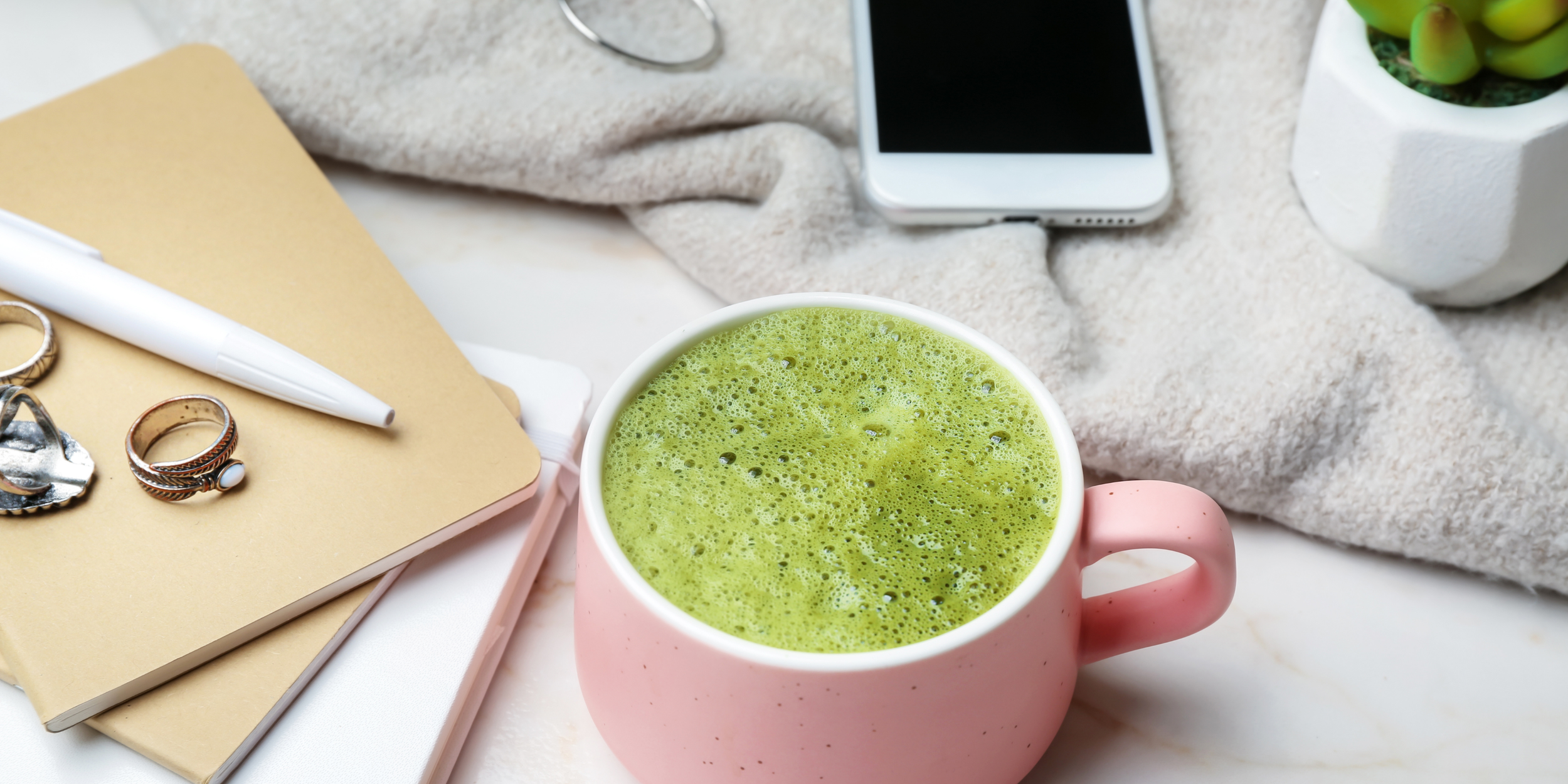Gut Health on the Daily
Gut health plays an important role in many body functions beyond how we poop. Although our poop does give us an idea of how the body is functioning, gut health is also related to our mental health, hormone health, and immune functions as well. Things that we do every day can play a role in the function and health of our gut.
When we talk about our gut health, we are discussing the microbiome of the whole digestive tract. From mouth to anus, there are bacteria living in and lining the tract that processes our food. The majority of the bacteria are located in the large intestine, thousands of different bacteria, viruses, and fungi living in there, influencing functions throughout the body. Improving the microbiome in the gut has many benefits for the body. It can improve digestion and absorption of nutrients, help support the immune system, reduce inflammation, support brain health, and helps reduce strain on the pelvic floor.
When the gut slows down, we often end up straining in the bathroom—and that extra pushing puts direct pressure on the pelvic floor. Over time, that strain can stretch and weaken those muscles, which is why caring for your gut is also caring for your pelvic health.
Here are some daily habits that will help support a healthy gut:
Fiber: We love fiber for hormone and pelvic floor support, but also to help with a healthy gut! Fiber is found in plant foods, adding a variety of fibrous foods serves as prebiotics in the gut. This feeds bacteria in the gut, creating a diverse environment of food for all different types of bacteria. Each bacteria species thrives on different prebiotics, so having a diversity of foods helps to provide all different bacteria the food it needs to thrive.
Getting enough fiber also makes poops softer and easier to pass—less straining means less downward pressure on the pelvic floor. That’s a win for your gut and your pelvic health. For fiber rich meal and snack ideas, follow us on Instagram for weekly inspiration!
Hydration: Our bodies are made up of 45-64% of water. It is used to transport nutrients and eliminate waste. Water helps to relieve constipation, reducing stress on the pelvic floor and helps keep the gut functioning optimally. Small sips throughout the day is preferred over flooding the gut all at once, so grab your favourite cup and get sipping!
Bonus: hydration also helps calm an overactive bladder. Cutting fluids might feel tempting when leaks are happening, but it actually makes the bladder crankier and more prone to urgency.
Stress Management: Stress activates your vagus nerve, the two-way nerve that runs from the gut to the brain, sending signals both ways. An increase in short-term stress, like running to catch a bus, or excitement of watching a scary movie, doesn’t cause much harm. The body is made to be resilient to moving in and out of short-term stress situations. Long term and chronic stress can cause inflammation and imbalances in the gut microbiome, leading to an array of other health ripple effects such as a weakened immune system, increase in hormonal imbalances, and increase of stress on the pelvic floor from diarrhea/constipation due to stress.
And here’s the kicker: stress doesn’t just upset your stomach—it can keep your pelvic floor muscles in a constant clenched state. That tension adds up, sometimes leading to pelvic pain or making it harder to fully empty your bladder or bowels.
Sleep: Rest and repair of all body systems and tissues happens while we sleep. Prioritizing a healthy sleep routine is key for all body systems, especially the gut. Aiming for 7-9 hours a night is the recommended amount of sleep.
When sleep is off, cortisol rises, inflammation spikes, and the pelvic floor has a harder time recovering and relaxing. In other words: sleep is pelvic floor therapy, too.
Physical Movement: Exercise offers so many benefits for the body, from being one of the top ways to change your mood, to helping with aging with strength, movement is good! The research on gut health has shown that sedentary individuals have a different gut microbiome than active people, with the active people having more diversity in their bacteria. Walk, jog, lift, stretch, find a way that resonates with your body!
Walking in particular pulls double duty—it’s gentle, low-impact, and not only boosts circulation and wakes up your core muscles, but also helps keep your pelvic floor strong and resilient. Over time, that means added protection against issues like incontinence and prolapse, all while supporting a healthier gut.
With a few different daily habits, it can be easy to help support your gut health, and your pelvic floor! Adding a diversity of fiber to your daily nutrition and sipping on water throughout the day can be key for supporting a healthy gut. Prioritizing stress management and sleep is also key. Physical movement also plays an important role in a healthy gut, and this is the perfect time of year to get out into the fresh air and check out the fall landscape.
Resources:
https://www.health.harvard.edu/staying-healthy/5-simple-ways-to-improve-gut-health
https://www.betterhealthpt.com/learn/pelvic/does-walking-strengthen-pelvic-floor-muscles/
https://www.npwomenshealthcare.com/high-tone-pelvic-floor-and-bowel-urinary-and-sexual-health/
https://www.frontiersin.org/journals/physiology/articles/10.3389/fphys.2022.818993/full

